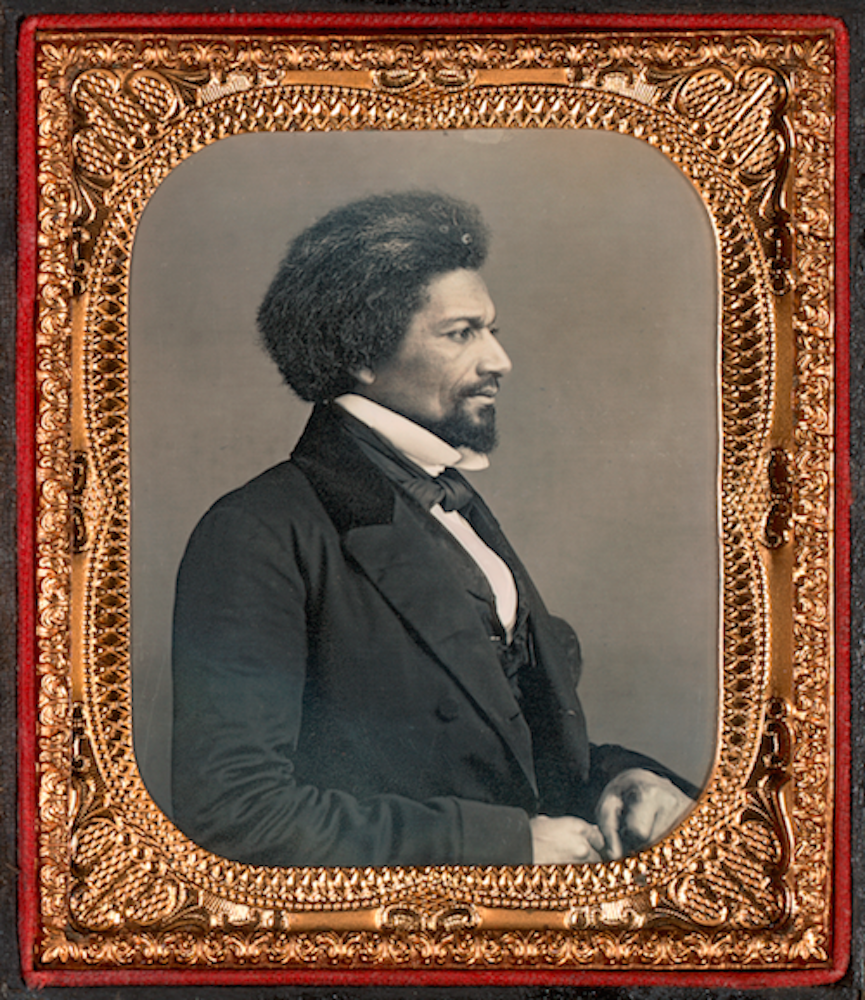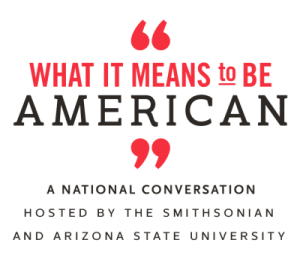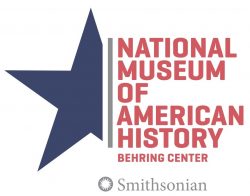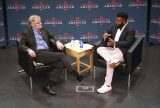
A daguerreotype of Frederick Douglass, circa 1855. Courtesy of the Nelson-Atkins Museum of Art.
American icon Frederick Douglass died in 1895, but he still makes the news. Indeed, he represents an increasingly rare sort of hero—one whose story is invoked across the political spectrum. Perhaps that’s because his life was so large, grand, and complex. He was among the most photographed and well-traveled people of the 19th century and had so many varied roles—radical and traditionalist, diplomat and revolutionary, author and subject—that he contains multitudes. How should Americans best understand Frederick Douglass? How do we engage with his legacies? And what does our relationship to Douglass say about how Americans use the past to define who we are? Yale historian David W. Blight, author of Frederick Douglass: Prophet of Freedom, visits Zócalo to examine the extent to which the Douglass story—as the slave who gains freedom and even fame—defines America.
111 N. Central Ave.
Los Angeles, CA 90012
The Takeaway
Frederick Douglass’s Love-Hate Relationship With America
Historian David Blight Tackles the Great Abolitionist’s Contradictions and His Enduring Legacy
From his youth, as a slave growing up in antebellum Maryland, Frederick Douglass saw the double-ness of American life. He recognized the gulf between the nation’s enlightened principles and its …







